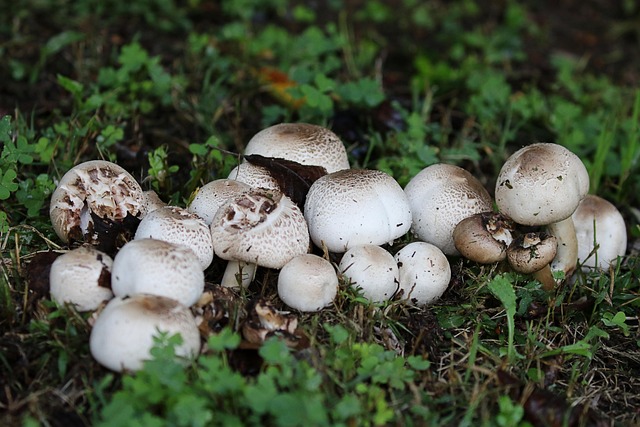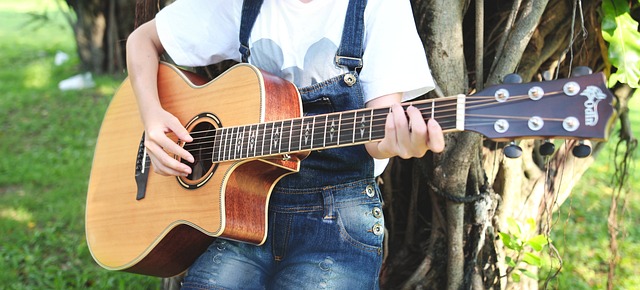
Humidity Sensors
Humidity sensors, often known as hygrometers, are the unsung heroes of home comfort. They measure the moisture level in the air, helping you maintain that perfect balance between feeling like you're in a tropical paradise and being stuck in a sauna. 🌴
How Do Humidity Sensors Work?
At their core, humidity sensors operate on a pretty straightforward principle: they detect the amount of water vapor in the air. Most commonly, they use one of two methods: capacitive or resistive sensing.
- Capacitive Sensors: These utilize a dielectric material that changes capacitance based on humidity levels. Imagine a sponge that expands and contracts based on how wet it is. Pretty neat, right?
- Resistive Sensors: These measure the change in electrical resistance caused by moisture. It’s like trying to figure out how soggy your cereal is by poking it with a fork. (Not recommended, by the way.)
Why Should You Care?
Humidity sensors are not just gadgets for tech lovers; they play a crucial role in various applications:
- Home Comfort: Keeping your living space at an optimal humidity level can prevent mold growth and improve air quality. Plus, nobody likes waking up with dry skin or a stuffy nose.
- Industrial Applications: In manufacturing, humidity levels can affect product quality. Think of it as the Goldilocks principle—everything needs to be just right!
- Weather Monitoring: Meteorologists rely on these sensors to predict weather patterns. So, the next time you hear someone say, "It feels like rain," they might just be channeling their inner humidity sensor!
Choosing the Right Humidity Sensor
When shopping for a humidity sensor (or hygrometer, if you're feeling fancy), consider the following:
- Accuracy: Look for sensors with high accuracy ratings. Remember, a sensor that's off by a few percentage points can lead to a very uncomfortable living room.
- Response Time: Faster response times mean you’ll get real-time updates on your humidity levels. No one wants to wait for their sensor to catch up to the weather changes!
- Power Consumption: If you're going wireless, consider how much battery life you'll need. You don’t want to be changing batteries more often than you change your socks.
- Integration: If you're into smart homes, look for sensors that can connect with other devices. Imagine your humidifier automatically kicking in when the sensor detects dry air. It’s like having a personal assistant, minus the coffee runs.
Conclusion
In summary, humidity sensors are essential for maintaining comfort and health in various environments. Whether you're a homeowner, a business owner, or just someone who enjoys breathing clean air, investing in a good humidity sensor can make a world of difference. Who knew keeping track of moisture could be so important? 😅

















 પ્રાર્થના લખેલી: એક આધ્યાત્મિક સફર
પ્રાર્થના લખેલી: એક આધ્યાત્મિક સફર 
 Health
Health  Fitness
Fitness  Lifestyle
Lifestyle  Tech
Tech  Travel
Travel  Food
Food  Education
Education  Parenting
Parenting  Career & Work
Career & Work  Hobbies
Hobbies  Wellness
Wellness  Beauty
Beauty  Cars
Cars  Art
Art  Science
Science  Culture
Culture  Books
Books  Music
Music  Movies
Movies  Gaming
Gaming  Sports
Sports  Nature
Nature  Home & Garden
Home & Garden  Business & Finance
Business & Finance  Relationships
Relationships  Pets
Pets  Shopping
Shopping  Mindset & Inspiration
Mindset & Inspiration  Environment
Environment  Gadgets
Gadgets  Politics
Politics 